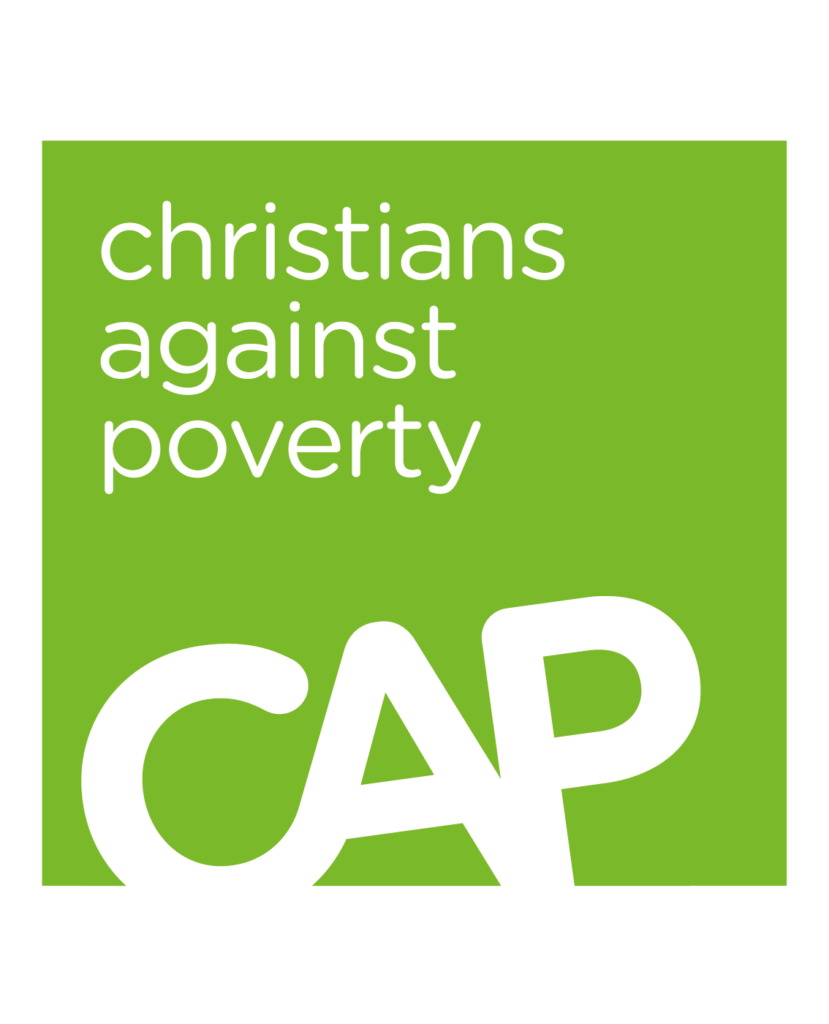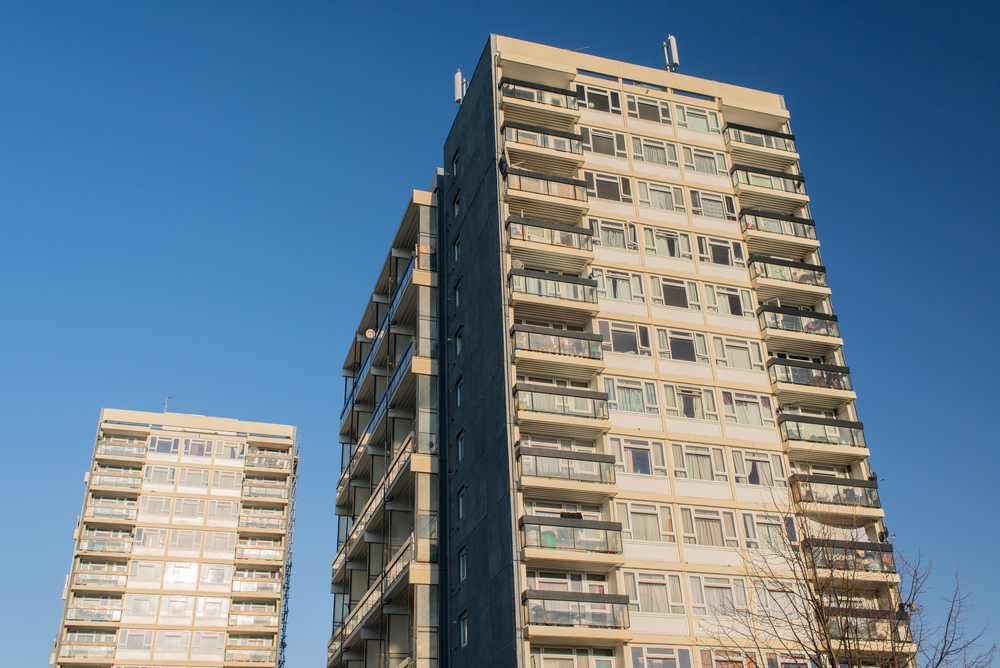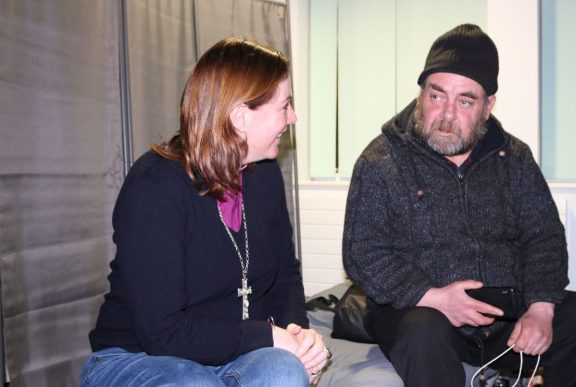Cost of Living

Many of our churches have been responding to the current cost of living crisis through food banks and warm hubs. Find out more about support available for your church and community.
CAP (Christians Against Poverty)
The charity CAP offers help churches combat the effects of poverty in their area, from debt advice to running budgeting courses.
Many churches hold a CAP Sunday each year (the official date is 15 October but churches can choose the date that suits them). CAP provides free resources here which focus on the theme of compassion in action, including a moving video, sermon notes and suggested prayers, as well as identifying approaches that church congregations can take to respond collectively to tackle poverty. Experienced locally based CAP speakers are also available to book for services.

Estates Ministry

There are many church communities within housing estates in areas of social deprivation, running projects such as holiday clubs and debt counselling services.
- Take a look at the Church of England’s strategy through its Estates Evangelism Task Force
- Learn more about St Deny Church’s culture of generosity
- Read about the Holiday Lunch Club at St Mary’s Sholing
- Read about Holy Trinity’s young adults outreach project on the Weston Estate
Understanding Poverty and Inequality
Poverty can impact everyone, especially in times of financial crisis, regardless of whether your local community is considered ‘rich’ or ‘poor’. As Christians and ministers in the church, we therefore need to ensure that we don’t make assumptions or generalisations. Talking about a deprived community in a way that marks them as ‘other’ can not only reinforce biased attitudes, but it can also disempower vulnerable people.
Poverty isn’t just about income. People can experience different forms of poverty, as well as economic there is also social and even digital poverty. The key thing is a lack of something which impacts an individual’s ability to flourish.
It’s also important to remember that hidden poverty is common. As a Church, we need to be proactive about bringing such issues into the light. Download our Poverty Awareness Action Plan to get started:
Income Poverty
Income poverty can be a complex issue, as there are many factors which can lead to, and root from, income poverty. Such factors include relationship networks, poor nutrition, mental health, and low educational attainment.
Income poverty can furthermore be overlooked, as certain areas are often thought of as affluent, despite evidence to the contrary. Winchester, for example, is considered an affluent diocese, but this does not mean there is equality across every parish. Even in the town of Winchester itself there are vastly different economic realities.
Food Poverty
Food and income poverty tend to come hand in hand – people who have a low income may find themselves choosing between buying new school uniforms for their children, turning the heating on, and buying food. Not having enough healthy food, which meets the dietary needs of an individual, is a deprivation of a basic human right.
Food isn’t just about survival either. It’s also linked to things like our physical and mental health, our body image, our culture, and how we engage with other people.
Digital Poverty
We are living in a digital age, which means more and more services are moving online. From banking to renewing your driving licence, we are being pushed to perform these actions online. And in terms of communication, digital technology is becoming one of the primary ways to speak to others. So, anyone who is not able to access or use such technology may find themselves excluded.
Digital exclusion can be caused by income poverty, whereby people are not able to afford devices like tablets or phones or sufficient data/Wi-Fi, or rurality – some isolated locations may have insufficient broadband speeds. Other people may experience digital exclusion due to a lack of skills or knowledge or may simply not feel confident in navigating a digital world.
Poverty in Your Parish
Do you know whether your parish is considered to be fairly wealthy, deprived, or somewhere in the middle, when compared to other parishes in the UK? Across the country, there’s an inequality of wealth, which can affect anything from career advancement to life expectancy.
As a Church, what can we be doing to bridge the gap? A good starting point is to find out more about the level of poverty in your parish and how this compares with other parishes locally and nationally. Church Urban Fund have created a tool which allows you to do precisely this.
Poverty and Equality Resources
- The Citizens Advice Bureau (CAB) – The CAB is often a good place to start, as they can point people in the direction of other services
- Church Homeless Trust – This organisation supports the rehabilitation and resettlement of homeless people of all ages and backgrounds
- Christians Against Poverty (CAP) – CAP aims to transform lives, often through debt support, help churches thrive and put an end to UK poverty
- Community Money Advice (CMA) – CMA is a national charity that supports churches and community groups in helping people overcome their money problems
- Church Urban Fund – The Church Urban Fund helps equip people and churches to make a difference in their local area
- Child Poverty Action Group (CPAG) – CPAG work on behalf of children in the UK growing up in poverty, working towards a society free of child poverty
- Church Action on Poverty – Church Action on Poverty aims to build a movement that can loosen the grip of poverty in the UK
Helping the Homeless
Homelessness is an issue that affects every region of the UK and is increasing each year. There are never clearcut reasons as to why someone becomes homeless – factors include a volatile employment market, mental health issues, and an everchanging benefits system. Despite none of these causes being the fault of the individual, there is still a lot of stigma attached to homelessness. And because the reasons are so varied, we must adapt our approach to help and intervention.
The Church has always been at the forefront of helping with homelessness, through its own projects and by supporting the work of other organisations. We aim to help some of the most vulnerable people in society, by offering accommodation, food and conversation.
Hope Into Action
Hope into Action is a national charity that works in partnership with churches across the country, finding accommodation for the homeless. There are two main ways they do this – encouraging churches to buy homes which can provide accommodation for those who need them, and supporting people who can offer practical and emotional support to tenants.
The idea is for churches to provide investment, supportive friendship, prayer and a caring community for tenants. That way, these tenants can go on to make changes that can transform their lives.
